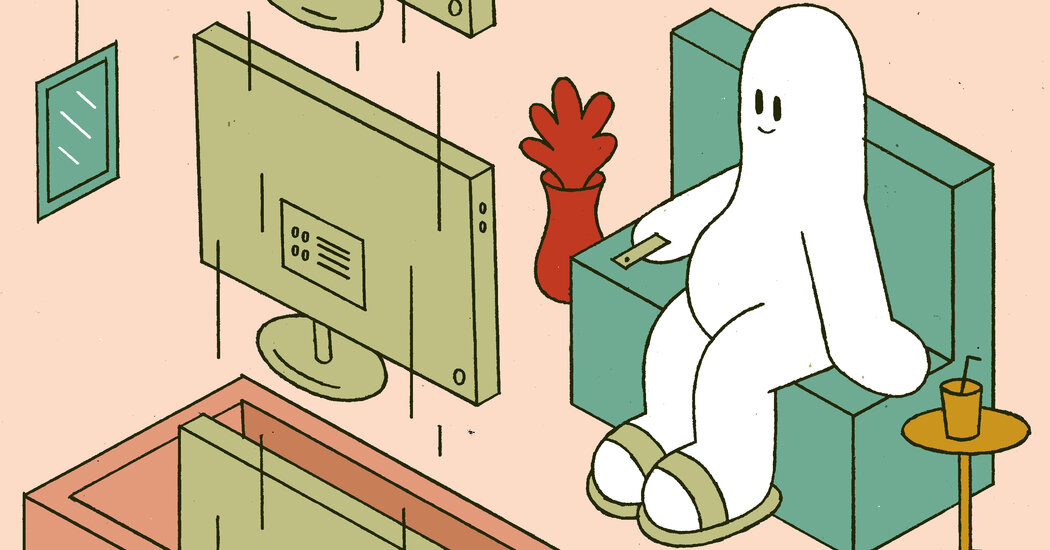Many more people are jumping from one streaming subscription to another, a behavior that could have big implications for the entertainment industry.
…
Americans are getting increasingly impulsive about hitting the cancellation button on their streaming services. More than 29 million — about a quarter of domestic paying streaming subscribers — have canceled three or more services over the last two years, according to Antenna, a subscription research firm. And the numbers are rising fast.
The data suggests a sharp shift in consumer behavior — far from the cable era, when viewers largely stuck with a single provider, as well as the early days of the so-called streaming wars, when people kept adding services without culling or jumping around.
Among these nomadic subscribers, some are taking advantage of how easy it is, with a monthly contract and simple click of a button, to hopscotch from one service to the next. Indeed, these users can be fickle — a third of them resubscribe to the canceled service within six months, according to Antenna’s research.
“In three years, this went from a very niche behavior to an absolute mainstream part of the market,” said Jonathan Carson, the chief executive of Antenna.



It’s because of the fracturing of the marketplace. For a while there were only a few major Film/TV streaming services. Netflix and Hulu, then HBO and Amazon, and a handful of niche or genre platforms.
Then around the pandemic time, every network and their mother decided to pull their licensing to start their own streaming platform or several. The platforms all cost as much or more as before, but you need more of them to watch the different IP you are interested in.
What the studios don’t realize (or won’t publicly admit) is that instead of replacing cable TV, they have effectively recreated the video rental industry.